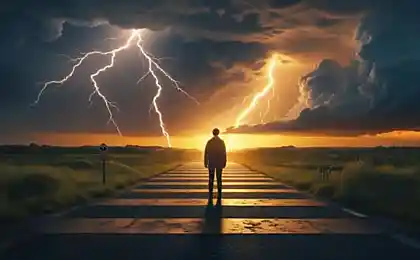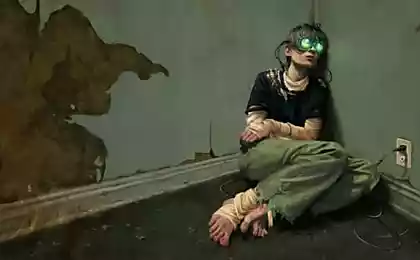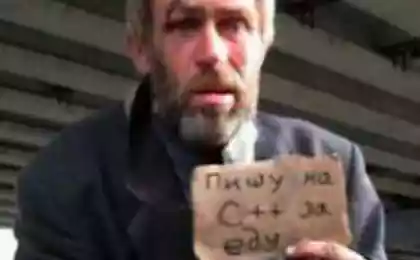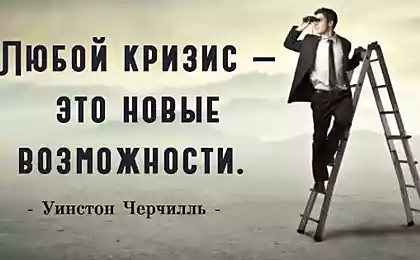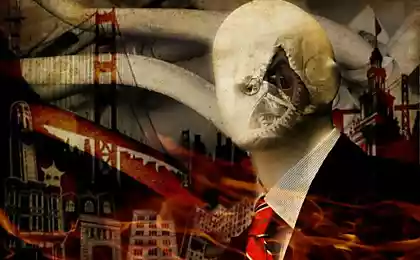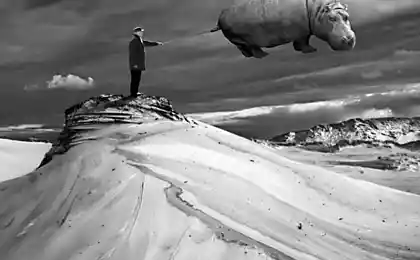169
20 Rules for Surviving a Crisis

The fall of the ruble led to an explosion of advice of varying degrees of strangeness: buy an iPhone, stock up on wine, castrate a cat, invest in gold, sell an apartment. Doctor of Economics Yakov Mirkin formulated 20 rules of survival in crisis, explainable both by science and common sense.
- There's no stock.
- Anything that can generate income – any excess property.
- Anyone who can, must also make money. No money, but there are benefits.
- Most money comes from good ideas.
- They survive by connecting with other people. It is easier for those who are friends, have an approach and understand the rules. I mean, extroverts.
- Russian crises have been crawling out of land, gardens and gardens for centuries.
- Don't speculate on small things. You'll lose against the pro anyway.
- Investing for years, do not try to win a penny. You'll get caught in something.
- Better to live than survive. The best investments are in yourself, in children and in parents. Skills and health. More skills – more income, more flexibility, more choice.
- We are all products in the labor market, of worse or better quality. Even in a crisis, keep quality.
- Invest not in the stock, but in what brings regular income.
- Don't stand on one leg. I'd rather be six. Use different assets, different investments, different income. But it all has to be managed by one center.
- Mobility, a passion for change, for something new: this is where the United States has grown rich.
- Get rid of liquid, easily sellable assets, but don’t try to sell anything of value. In 1998, apartments fell in price 2-3 times. Stocks, 15 times. Objects of art in crisis may not be worth anything compared to their true value.
- Doubt whether to buy assets (currency, things, stocks), do not buy. You don’t know whether to enter the market, don’t enter. Don’t invest more than 30-50% to share the risks. If you lose it, it's not so bad. If you win, the winnings are yours.
- The shadow sector helps economies like Russia survive the crisis. Informal relationships. What's past the state. It's economic law.
- Look ahead. Crises always come to an end. In the darkest times, it is right to come up with an arrangement in the future.
- It's all chess. You take a bad position, you go down. Choosing the right one, with the right person, in the right place - tossing up. Predict, predict again, and so on a thousand times – try to count a few moves ahead.
- There are circumstances of force majeure. This can be the state and what it does. Don't blame yourself.
- There are people who are not given all this. But it's different. Especially don't blame yourself.
Source: www.b17.ru/blog/14072/
